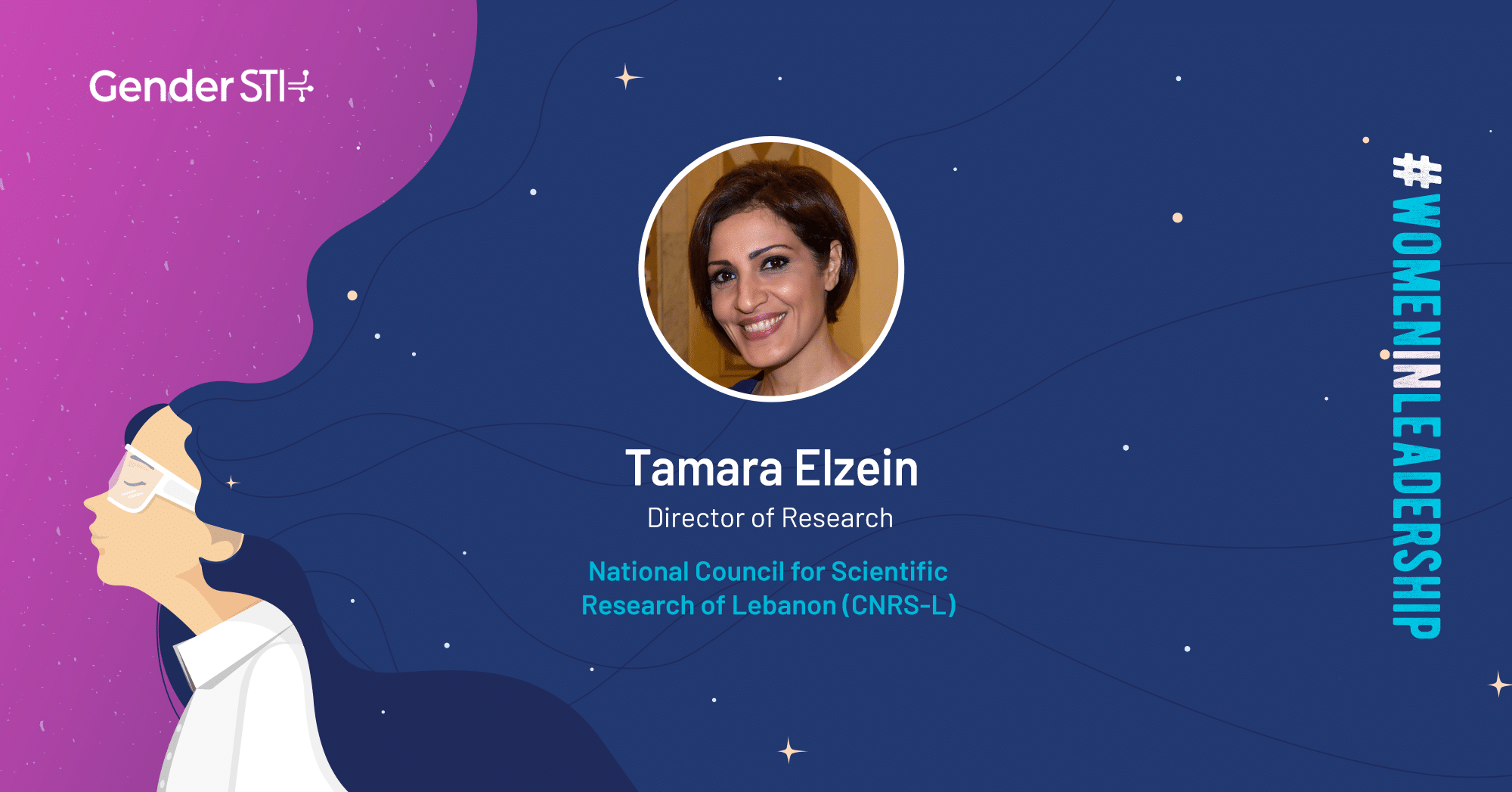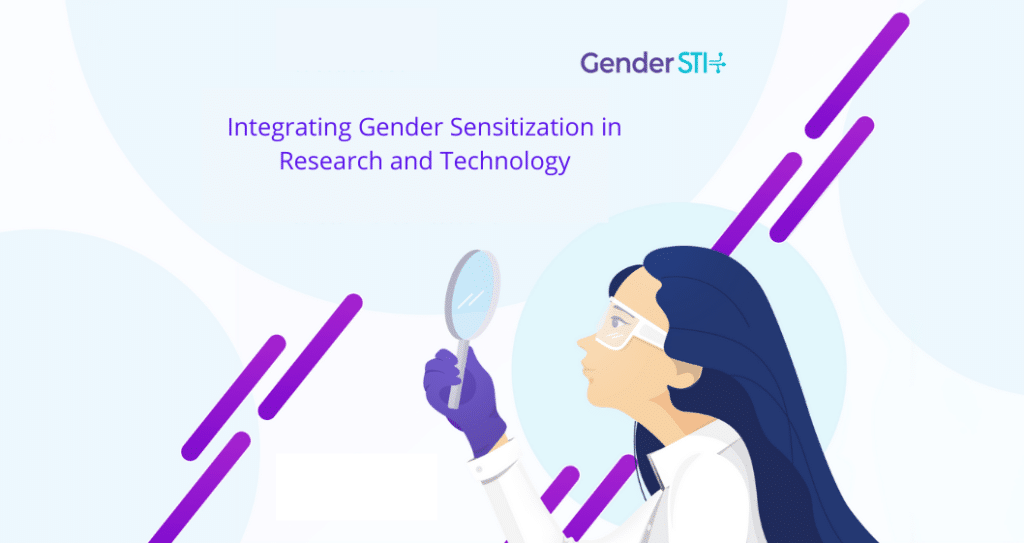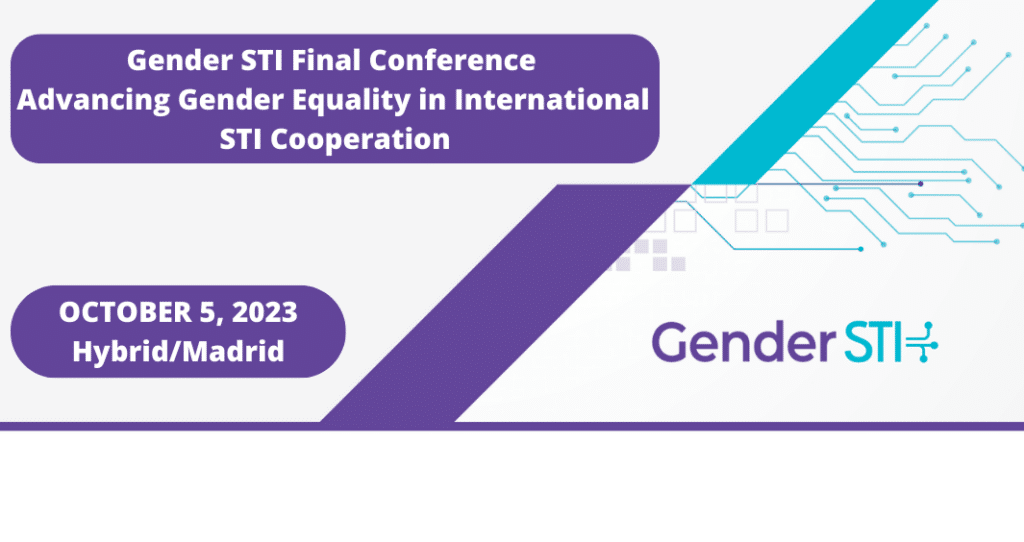Tamara Elzein was nominated for Gender STI's #WomenInLeadership Campaign, which celebrates women leaders in science, technology and innovation, by the Centre National de la Recherche Scientifique’s Mission for the Place of Women.
She is a Lebanese scientist in the field of material science and is currently the director of research at the National Council for Scientific Research of Lebanon (CNRS-L), and Director of the National Doctoral Fellowships Program. In 2019, with the support of UNESCO, she worked on the establishment of the National Observatory for Women in Research “DAWReK’n,” of which she’s the head.
Elzein spoke to Gender STI about her experience as a woman leader in honor of International Women's Day 2021.
Can you tell us a bit about your job and your responsibilities?
I’m a director of research at the National Council for Scientific Research of Lebanon (CNRS-L). I’m also being the director of the national doctoral fellowships program and the head of the National Observatory for Women in Research (DAWReK’n: Dynamic Actions for Women in Research and Knowledge).
Within my current tasks I’m in charge of developing and implementing the national strategy for doctoral studies in coordination with local universities and international partners. I’m also involved, through CNRS-L as well as my own activities, in various programs dealing with strategic planning of scientific research and with international cooperation. I’m often mandated to represent CNRS-L at high level meetings, national and international events discussing research, innovation, and science policies. I also serve as a member in various national and international bodies dealing with research and higher education. In parallel, I supervise and coordinate the activities of DAWReK’n.
Did you face any challenges on your journey to become a woman leader? How did you overcome them?
With a double experience in both France and Lebanon, I would say that challenges are almost the same everywhere. The reality is that, in almost all fields, it’s expected for women to invest more effort to obtain deserved recognition or leadership positions.
What goals do you have as a leader?
My goals are simply to promote science and scientific research to face current and future common challenges, and also to promote women’s involvement in science. To reach great achievements in science, it’s crucial to include the gender dimension in research and also to actively involve female scientists in research teams.
How would you describe the gender balance in decision making in science, technology and innovation (STI)?
At the international level, female scientists represent only a third, and it’s far from being enough! In Lebanon, female researchers are about 35% and only 27% in science and technology fields (according to the National Observatory of Women in Research, DAWReK’n). This percentage decreases drastically when talking about decision making positions, with only 20% of women as faculty deans and 5% as university presidents. These numbers reflect a huge gap that is also linked to the general gender balance in the country as Lebanon is ranked among the worst in terms of gender inequalities!
What would you tell young girls and women who would like to become leaders in their professional fields one day?
They should follow their inspiration! If they believe they are talented then they should pursue their path to become a leader. They will, for sure, face some barriers, but they should learn how to not only overcome them, but also transform them into strength and skills.
As you may know, the Gender STI project focuses on promoting gender equality in international cooperation in STI. Do you have any ideas on how we could promote gender equality in this area?
I believe networking, bridging, and mutual support within international networks are keys to promote gender equality in international cooperation.
What do you think needs to be done to increase the number of women leaders in STI?
We need to adopt bottom-up and top-down approaches. We need to promote science and technology careers among girls and young women, to put in place empowerment and capacity building programs, and to build networks that shed light on women's achievements. On the other hand, institutions and political authorities must make the effort to adopt egalitarian policies to promote women in decision-making positions.
Follow Gender STI's #WomenInLeadership campaign on Twitter, LinkedIn and Facebook for more great interviews. Join the conversation using #WomenInLeadership, #IWD2021 and #GenderSTI.



